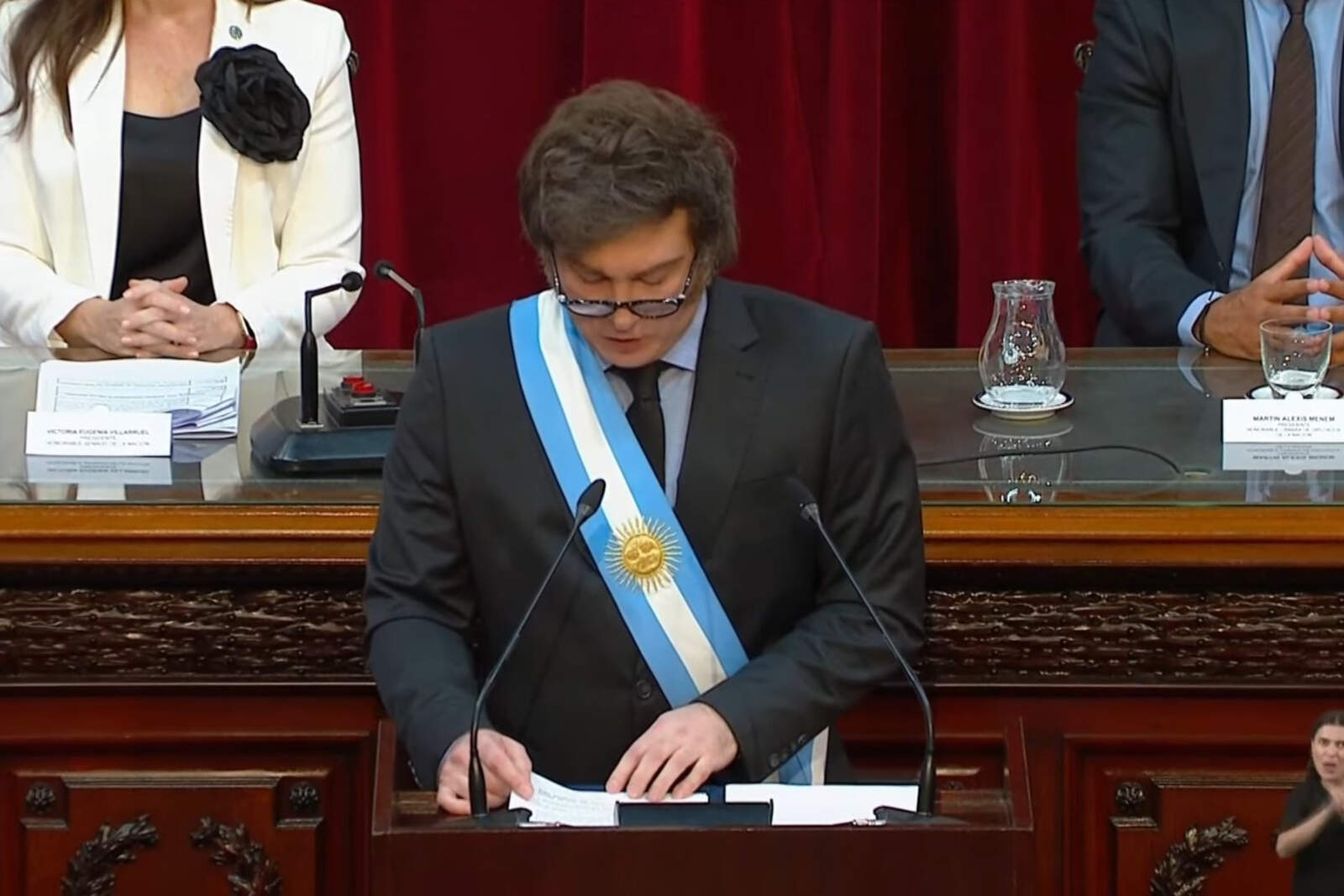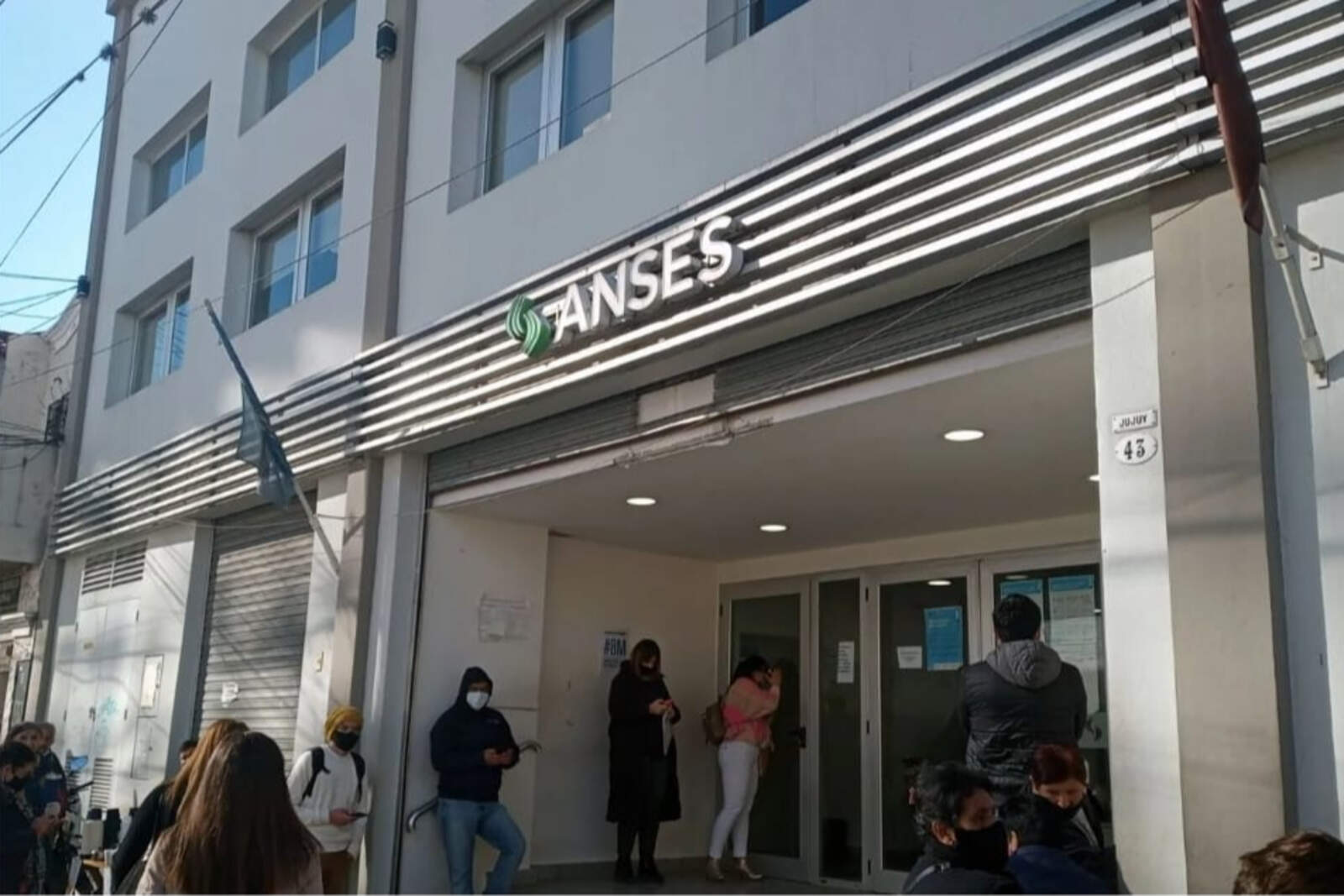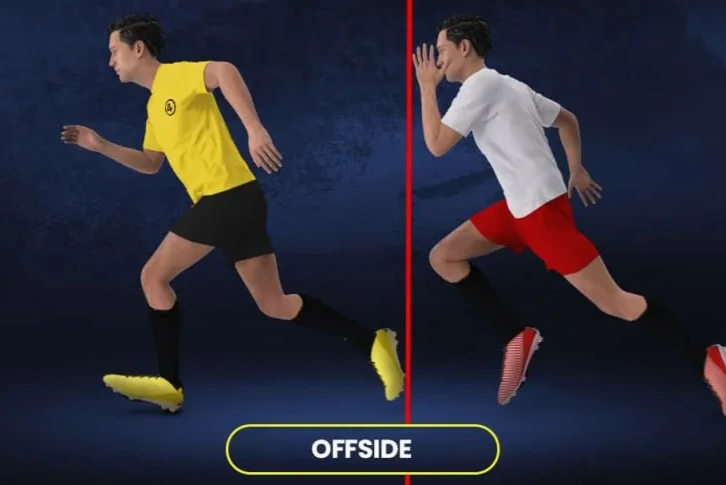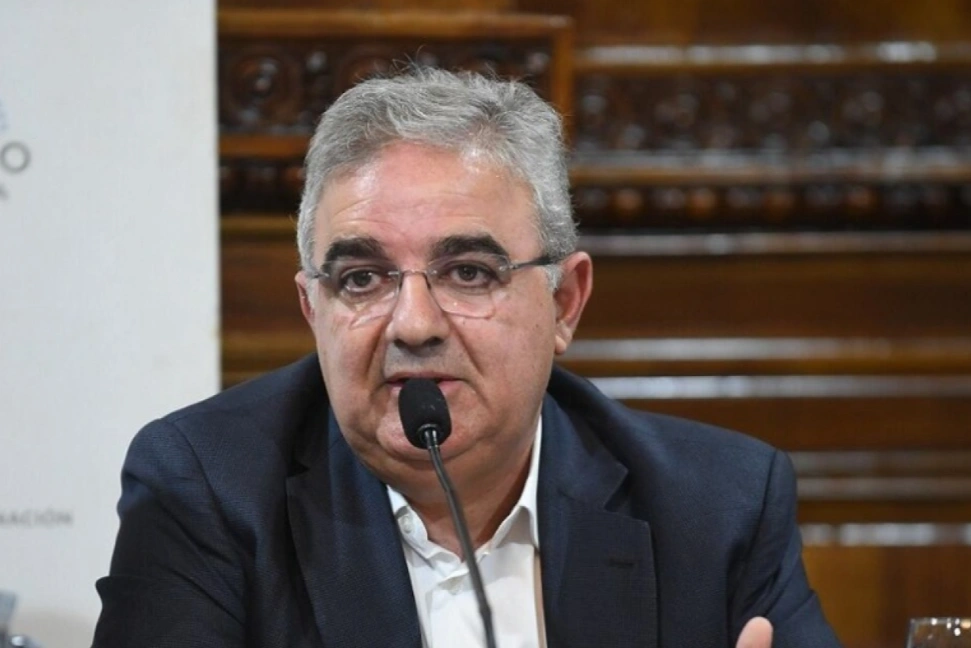The governor of Salta, Gustavo Sáenz, announced this Monday the launch of an operation to review and terminate social welfare benefits that the National Social Security Administration (ANSES) provides to foreign citizens who do not reside in the province. The measure was announced through the official channels of the Salta government and represents a strong gesture in support of the immigration reform promoted by President Javier Milei's administration.
"We seek to defend the interests of Argentines", Sáenz stated, while emphasizing that his administration is working together with the national government to move forward in this direction. "We insist on the need to terminate ANSES social welfare benefits for those foreigners who receive them without living in our country", he said.

The message was quickly shared by President Milei on his social media, reflecting presidential support for the measure. Meanwhile, Security Minister Patricia Bullrich also expressed her support, within the framework of immigration reforms aimed at regulating entry, stay, and access to services in Argentine territory. Furthermore, the implementation of the measure was carried out jointly as a result of the order signed by Human Capital Minister Sandra Pettovello.
The province of Salta, which borders Bolivia and Paraguay, has high-traffic border crossings such as Salvador Mazza and Aguas Blancas. There, there is a significant migratory and commercial flow, which has raised longstanding concerns about the use of public services by people who do not permanently reside in the country. Sáenz recalled that this demand "has existed since I took office as governor, due to being a province with international crossings".









